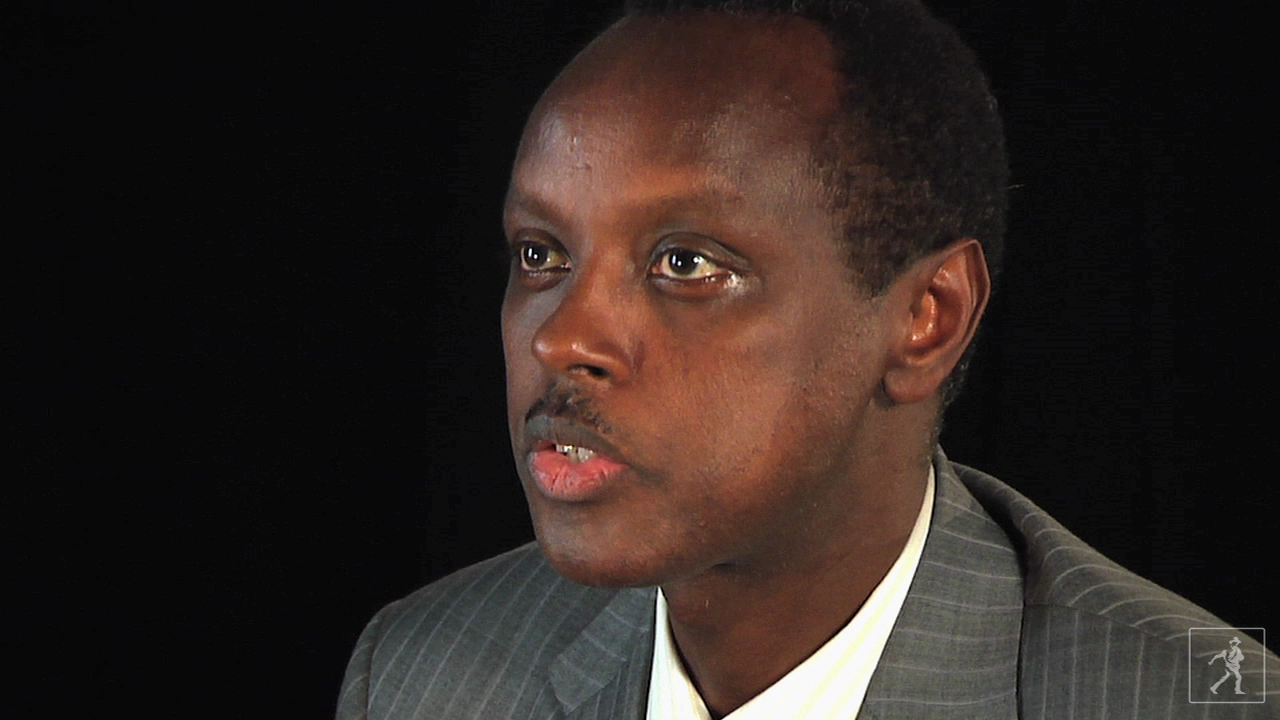WEST LONG BRANCH, N.J.–On March 8, a Monmouth University student filed a Title IX complaint against the university for failing to handle a sexual assault case correctly.
The female student, who wished to remain anonymous, filed her complaint with three other women, with the help of End Rape on Campus. The other universities under investigation are American University, University of Alabama at Birmingham, and Indiana University Bloomington.
In response to the allegations, students at Monmouth University organized a peaceful protest. CommWorks planned the protest, which began on March 10 at 10 a.m. on the Student Center patio. About 30 students showed up to facilitate the protest at various times during the day, and fliers were handed out to encourage students to read a Huffington Post article about the issue. These same fliers could be seen hanging on wall in classrooms, hallways, and buildings on campus.
Angela Ramos, a junior resident assistant at Monmouth University, attended the protest after she heard about the Title IX complaint.
“I attended the protest because this is something that needs to be discussed,” Ramos said. “I feel students are not aware of the right resources. Too many victims have to go through the daily process of seeing their attacker on campus.”
Dr. Deanna Shoemaker, the CommWorks adviser and an attendee of the peaceful protest, thinks that the rates of sexual assault on college campuses is a reflection on inherent sexism among students.
“It’s reinforced by misogynistic images and representations in popular culture as well as ongoing structural inequalities among men and women in our society,” said Shoemaker. “College campuses are failing their students when they don’t offer open, honest, and ongoing dialogue about the dangers of sexual assault and supporting mechanisms for reporting it.”
This topic is not a new one. In recent years, many complaints that claim negligence on the part of universities in punishment of student sexual assault offenders have emerged. Nora Hawley, a physical therapy major at Northeastern University, thinks that universities try to cover up charges to maintain a reputation of safety and excellence.
“Colleges want students to continue applying, enrolling in school, and paying tuition,” Hawley said. “They don’t want to lose money based on a bad reputation.”

Paige Rotunda, a student at American University, said she is really disappointed with the way that her university is handling the sexual assault case of fellow student Faith Ferber. She thinks that the fact that students escape real punishment is one of the reasons why the issue is so prominent on college campuses.
“The consequences of only getting disciplinary probation after being convicted of raping another student is absolutely disgusting,” Rotunda said. “I think it’s extremely sad that this person is allowed to stay in a fraternity and participate in school activities.”
“Why would a boy decide to act differently when he hasn’t seen anyone else face severe repercussions?,” Rotunda continued. “I also think there’s a lack of education on what exactly constitutes sexual assault and consent.”
Luckily, in her article about sexual assault, author Eliza Gray wrote that reform is happening country-wide, which includes sexual relationship training, bystander awareness training, and climate training.
In regards to educating students, Monmouth University has attempted to generate more discussion on the matter. The university’s resident assistants watched the documentary “The Hunting Ground” during training, and fraternities and sororities were asked to have some members join for another screening of the film.
“The Hunting Ground” comments specifically on the presence of rape culture on college campuses and features interviews with rape survivors who have faced backlash with their university judicial systems. According to the documentary, more than 16 percent of college women are sexually assaulted while in college–a staggering statistic.
The film also cites some examples of previous sexual assault cases where assailants received very mild punishments for crimes. Harvard Law School has had 135 reported sexual assaults between 2009 and 2013, and only 10 reported suspensions. Other schools follow suit, including one that expelled assailants after graduation.
Despite the awareness that movies like “The Hunting Ground” spread, the consensus remains that many college campuses are failing their students in instances of sexual assault and that no direct changes have arisen from the errors of the past. This is why many consider it a necessity to take further action.
“I suspect we need more staff to support students who are assaulted,” said Dr. Shoemaker. “More broadly, we should have a Gender Studies major rather than just a minor so that students can take more courses to better understand the impact of structural inequalities.”
Although there is no overnight resolution to the presence of sexual assault on college campuses, students and faculty at prominent universities need to begin facilitating lasting change.
For Nora Hawley of Northeastern University, it comes down to simply trying to create a safer place for survivors.
“A friend of mine freshman year was sexually assaulted and the system failed her,” Hawley said. “Ultimately, I think there is a lack of support and understanding that discourages victims and creates an unwelcoming and negative environment to report assault.”




